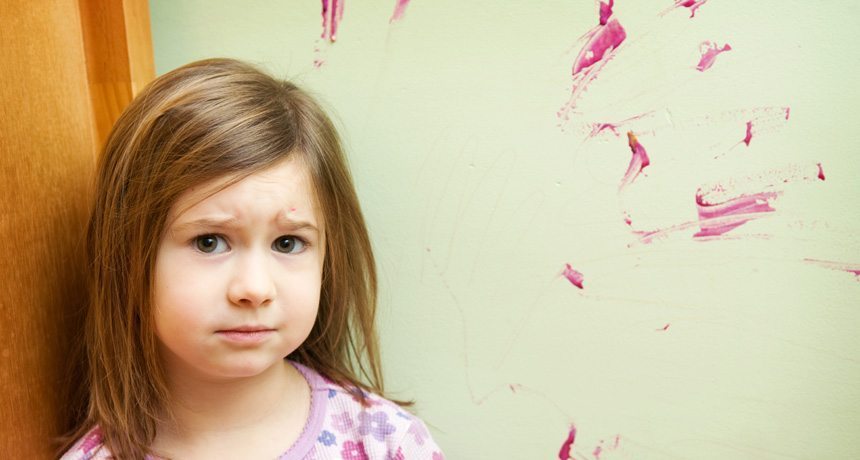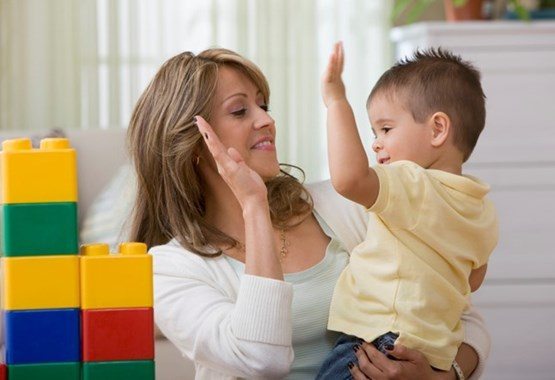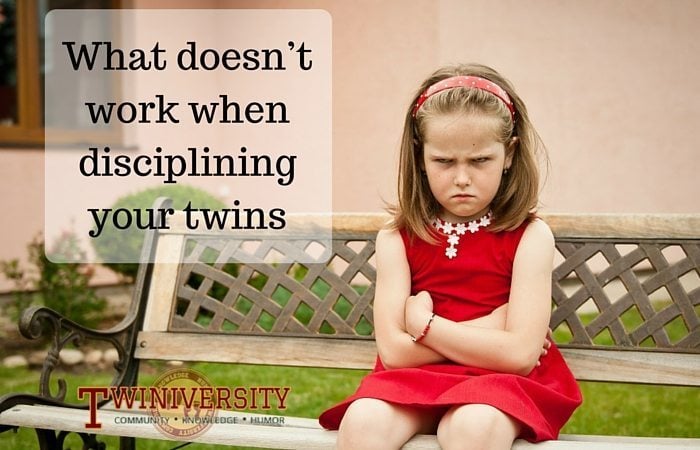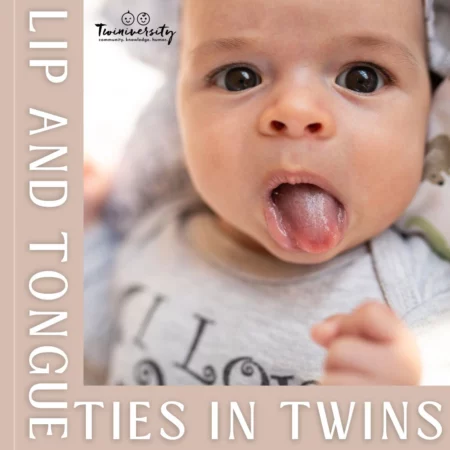Last updated on March 11th, 2024 at 01:55 pm
When my kids were babies, I thought it was the hardest thing I’d ever experienced. Constant care and sleep deprivation added up to me being in a sleepy stupor all the time.
In retrospect, babies are easy once you figure out the pattern. All you need to do is care for their physical needs. At the core, they need to eat and sleep. Yes, you should also keep them clean and warm. With these basics in place, infants are fairly straightforward.
But you know what really scares me? Once the kids get older and start to think for themselves. The kids start to make decisions that impact both themselves and those around them. Yikes! Once our kids started having to make choices, the challenges of disciplining came up.
I quickly came to realize that my default reaction to their misbehavior wasn’t working. Want to know what doesn’t work with disciplining your kids? It is probably everything that is spontaneous and comes naturally to you.
- Yelling doesn’t work.
- Losing your temper doesn’t work.
- Taking away privileges doesn’t always work.
So what does work when disciplining your kids? Think positive.
Yes, most of our natural reactions to kids’ bad behaviors are immediately negative. However, my wife and I have found that when we make a conscious effort to choose being positive over negative we get significantly better behavior from our children.

We’ve seen four key concepts that have helped discipline our kids and get the results we actually want.
1. Model Behavior
The first rule of parenting is that you can’t be a hypocrite. Your kids are watching you all the time. They see what you do and say. You have to walk the walk and talk the talk if you want to your kids to behave properly. Having a double standard in your home (one for kids and one for adults) can lead to conflict and misbehavior. It has been chilling to see our kids parrot back to my wife and I things we’ve said (that we shouldn’t have said) or do things they have seen us do.
You are modeling behavior for your children every day. Choose wisely what you do so that you can safely say to your kids, “Have you ever seen mom or dad do that? No. Then you shouldn’t do it either.” You’ll also need to model behavior when the child does something wrong. Show them how to eat properly. Show them how to draw on a piece of paper instead of the wall. Demonstrate proper manners in how you interact with others.
2. Routines
From the time that your children are infants, routines are vital to their happiness and your sanity. Just because your kids are starting to get older doesn’t mean that you throw routines out the window. When infants, your kids are happiest when they are on a regular schedule of eating, playing, and sleeping. Guess what? That is true if you have infants, toddlers, or school-aged children.
Routines have built-in expectations that help keep your children within the boundaries of proper behavior. When kids know what to expect and what the natural next step is, they get into the good habit of a healthy routine. A habitual routine is easier to maintain than keeping kids focused on a seemingly random series of events. Stick to a routine and you will have fewer disciplinary challenges.

3. Positive Praise
My wife and I read a book by Dr. Glenn Latham titled, “The Power of Positive Parenting” that changed how we parent our children. Our big takeaway from that book was that you have to positively praise the good behavior you want to see in your children. If the only time your kids get a reaction out of you (or attention from you) is when they do something bad, guess what? That will be the only behavior you see.
When you give attention to and praise the good behavior you want to see, your children will gravitate towards that and abandon bad behavior. At first I was skeptical to this but was surprised when it actually worked. The challenge is to pause when your kids are doing something right and praise them. This praise can be in the form of verbal recognition, a hug, a pat on the back, or anything else that your children will notice.
When our kids are playing nicely, we have a tendency to want to leave well enough alone and not interfere or break their good streak. However, when we’ve taken time to recognize something good that our children have done, we consistently see that good behavior again. Start by finding small things to praise like getting dressed or making a bed independently. Praise when kids work out a problem themselves. Give praise when siblings resolve their differences by talking it through and not fighting. Look for the good things your kids are doing and you’ll find there is actually a lot to praise.
4. Positive Peer Pressure
One huge advantage of having twins is that we could use positive peer pressure. Twins take opportunities for positive praise to the next level. For example, one twin will be doing something great while the other isn’t. This is your opportunity to shine. When this happens with us, we give positive praise to one daughter in full sight and or earshot of her sister.
The result? Wow. Nine out of ten times, the misbehaving twin will immediately want that same positive praise and correct behavior to get it. For example, at the dinner table one twin is sitting eating and the other is constantly getting up and walking around. We’ll look at the twin sitting at the table and say, “Thank you so much for sitting properly and eating at the table. That shows good manners.” Often before we even finish that statement, our other twin will have scampered back to the table and will proclaim, “I’m eating too!”
Twins are great because the odds are that at least one is doing something right at any given time. Use this to your advantage to help keep both on the track to good behavior.
Always on Guard
Positively parenting your kids requires that you are always watching what you do and say towards your children. As you get into the good habit of positively disciplining your children, they will naturally move toward the proper behavior you want and expect.

Joe Rawlinson is the father of four children, two boys and identical twin girls. He is the author of two books for fathers of twins, “Dad’s Guide to Twins: How to Survive the Twin Pregnancy and Prepare for Your Twins” and “Dad’s Guide to Raising Twins: How to Thrive as a Father of Twins.” Joe also makes unique t-shirts for parents of twins at the Twin T-Shirt Company. You can find more tips and tricks for preparing for and raising your twins at dadsguidetotwins.com.







